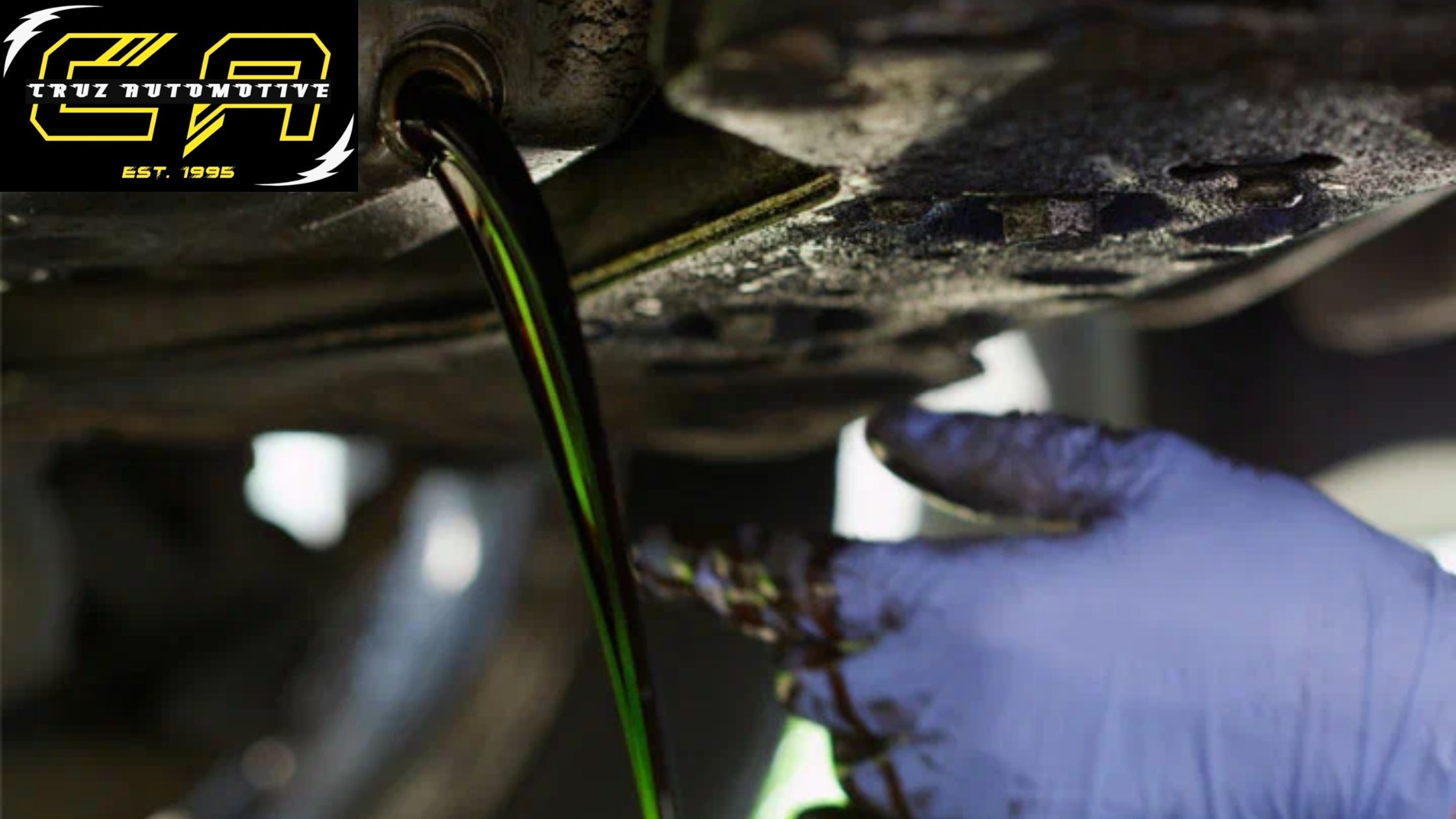What Is the Most Common Cause of Oil Leaks in Vehicles?

Oil leaks are among the most frequent automotive issues drivers encounter. Not only do they create unsightly stains on driveways, but they can also lead to severe engine damage if left unaddressed. Understanding the causes of oil leaks can help car owners take preventive measures and seek timely repairs.
Common Causes of Oil Leaks
1. Worn or Damaged Gaskets and Seals
Gaskets and seals play a crucial role in keeping engine oil contained. Over time, they can deteriorate due to constant exposure to heat, pressure, and contaminants. The most common gaskets that contribute to oil leaks include:
- Valve cover gasket
- Oil pan gasket
- Timing cover gasket
If these gaskets crack or wear out, oil will seep through, leading to leaks that worsen over time. Replacing worn gaskets is a necessary part of auto oil leak repair in Holland.
2. Loose or Improperly Installed Oil Filter and Drain Plug
Routine oil changes are essential for engine performance, but improper installation of the oil filter or drain plug can cause leaks. If the oil filter is not tightened correctly or has a faulty seal, oil can leak from the engine. Similarly, a loose or stripped oil drain plug can result in steady oil loss. Always ensure these components are securely fastened after an oil change.
3. Cracked or Degraded Oil Pan
The oil pan holds the engine’s oil supply, and it is positioned at the bottom of the vehicle. It is vulnerable to damage from road debris, potholes, and corrosion over time. Even a minor crack or puncture in the oil pan can lead to significant oil leaks, necessitating prompt repair.
4. Worn Out Crankshaft or Camshaft Seals
The crankshaft and camshaft seals prevent oil from escaping where these components rotate within the engine. These seals endure high levels of wear and tear due to engine movement and temperature fluctuations. If they start leaking, oil will seep out, leading to potential engine damage and requiring immediate attention.
5. Overfilled or Incorrect Oil Type
Using the wrong oil viscosity or overfilling the engine with oil can put excess pressure on gaskets and seals, causing leaks. It is essential to use the manufacturer-recommended oil type and maintain proper oil levels to prevent this issue.
6. Malfunctioning PCV Valve
The Positive Crankcase Ventilation (PCV) valve regulates engine pressure by redirecting gases back into the intake manifold. When the PCV valve becomes clogged or fails, excessive pressure can build up inside the engine, forcing oil past seals and gaskets, resulting in leaks. A malfunctioning PCV valve should be replaced promptly to prevent further damage.
Preventing Oil Leaks
Preventing oil leaks involves regular maintenance and inspections. Here are a few steps vehicle owners can take:
- Schedule routine oil changes and ensure the filter and drain plug are installed correctly.
- Inspect gaskets and seals for signs of wear and replace them as needed.
- Monitor oil levels and avoid overfilling the engine.
- Check under the car regularly for oil spots, which may indicate early signs of a leak.
- Address any warning lights on the dashboard related to oil pressure or engine performance.
Addressing Oil Leaks Professionally!
If you notice oil spots under your car or a burning oil smell while driving, it's crucial to address the issue immediately. Ignoring an oil leak can lead to reduced engine efficiency, overheating, and even complete engine failure. Seeking professional repair services ensures the problem is correctly diagnosed and resolved.
For those searching for auto electric service near you or expert auto oil leak repair in Holland, working with a trusted mechanic is essential. Whether the issue stems from worn gaskets, a faulty PCV valve, or a damaged oil pan, a professional technician can provide the necessary repairs to keep your vehicle running smoothly. For reliable automotive repair services, Cruz Automotive offers expert solutions to address oil leaks and other car maintenance needs. Their team of skilled technicians ensures high-quality service and long-term vehicle reliability.
